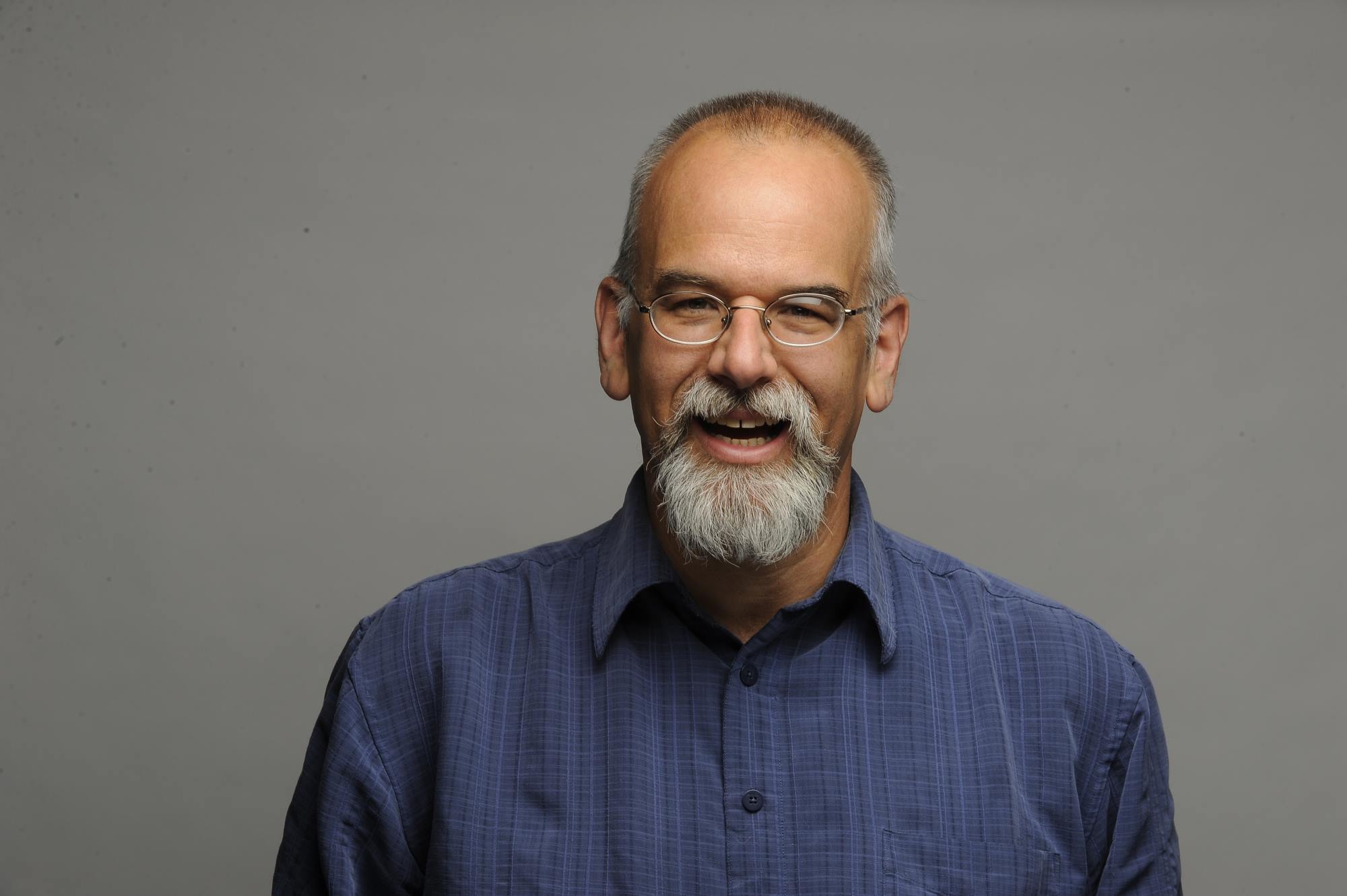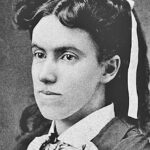A Conversation with Keith Getty

Modern hymn writer Keith Getty worries some churches have lost sight of the powerful role congregational singing plays in discipleship.
By Bob Smietana
When Keith Getty was young, his parents would take him to missionary suppers at their church in Northern Ireland. After they brought out all the food and the endless cups of tea, the church members would start singing together.
Those missionary suppers and Sunday worship built a deep love for hymns and congregational singing in Getty, who is best known as the co-writer of In Christ Alone.
Getty says God’s people have always learned their faith by the “preaching of the Word and the singing of the Word.”
He worries some churches have lost sight of the powerful role congregational singing plays in discipleship. He hopes to help churches rediscover the joy and power of singing together in worship.
The Gettys’ album, Facing a Task Unfinished, champions congregational singing and global missions.
Author of Sing!: How Worship Transforms Your Life, Family, and Church, Getty spoke with Bob Smietana at the offices of Getty Music in Nashville.
Why does congregational singing matter?
Let me start with something the theologian John Stott once pointed out. In the 21st century, there are more Christians in more countries than ever before. Yet the average Christian in the world knows less about the Bible than the average secularist in the West did in the 1950s.
During that time, children sang hymns in school assemblies and had religious instruction in schools. Those things, added to the nominal churchgoing that took place, meant the average non-Christian in the 1950s knew more Bible stories and Christian doctrine than the average evangelical today.
Stott believed the way to help Christians flourish in the 21st century is to build deep believers. If we want to survive, never mind thrive, in this century, we have to build deep believers in the church. And throughout history, that has been done in part by congregational singing.
“If we want to survive, never mind thrive, in this century, we have to build deep believers in the church. And throughout history, that has been done in part by congregational singing.” — Keith @GettyMusic Click To TweetCan you give some examples of that?
It starts in the Bible. One of the first songs in the Old Testament is the song of Moses (Deuteronomy 32:1–43). God tells Moses, “Teach this song to the people and let it be a witness against them lest they turn away.”
In other words, God says, “I teach this song to you not just to sing, not simply because it affects your mind, how you feel, or how you pray, but because it is the very thing you’re going to be judged against.” That’s how important what we sing is.
Then there are the Psalms, which show us the canvas of the glory of God—from a God who is almighty, holy, jealous, omnipresent, and who does not tolerate sin to a God who delights in our prayers, leads us like a shepherd, and loves us like a friend.
In the New Testament, we have early hymns that established us in Christ. Then there are the hymns of the church fathers such as St. Francis of Assisi and St. Patrick, who are remembered for their hymns.
Then there’s Luther, who called for a reformation of the preaching and the singing of the Word because the two are inextricably linked.
Throughout all of history, what we sing has been linked to its discipleship potential and capability.
You mentioned the importance of the “preaching of the Word and the singing of the Word.” Can you expand on that?
God’s people have always learned their faith through the preaching and singing of the Word. We have a vision of heaven where believers from every tribe, nation, and language sing to our Creator and Redeemer. That is the picture of heaven.
And the foretaste of that occurs when God’s people gather and sing together. God has commanded more than 200 times in Scripture to gather and sing together.
In the New Testament, Paul writes to churches filled with believers who were cultural enemies, who had linguistic and theological differences, and who were living in uncomfortable circumstances.
And what does the Bible tell them to do? Get together and sing. It’s that important.
What are some examples of how hymn writers used singing to teach theology?
The story I’ve told most often, because I think it puts our challenge in context, is the story of Cecil Frances Alexander. She grew up in County Derry in Northern Ireland, the same county I grew up in.
She was so concerned about what kids were singing, she wrote a book called Hymns for Little Children. It was aimed to help children as young as 8 learn doctrines of the faith.
She began with, “We believe in one God, Maker of heaven and earth.” To teach that doctrine, she wrote the hymn that begins, “All things bright and beautiful, all creatures great and small, all things wise and wonderful, the Lord God made them all.”
“If we’re going to build a generation of people who think deep thoughts about God and who are the culture makers of the next generation, we need to be teaching them songs with theological depth.” — Keith @GettyMusic Click To TweetShe did the same with, “He became incarnate and was born of a virgin.” How do you describe that mystery to kids? You tell them a story. So she wrote, “Once in royal David’s city stood a lowly cattle shed.”
You take these hymns, shortened down to five or six verses, and they’d still be considered “unsingable” in many large, modern evangelical churches, because there are too many words. Yet these songs were written for 8-year-olds.
If we’re going to build a generation of people who think deep thoughts about God, who have rich prayer lives, and who are the culture makers of the next generation, we need to be teaching them songs with theological depth.
What would you tell pastors who want to help their people embrace congregational singing?
Remind people of the gospel and the sheer wonder of what we sing about. Then be an enthusiastic singer. Pastors don’t have to be good singers, but they have to love to sing with their church.
They should be singing during worship—not checking their notes or their cell phone. Singing with your congregation is an act of love. And it’s a witness that this gospel is the most important thing in your life.
Then remember that great songs sing well. Bad songs do not. So sing great songs.
Here’s a commonsense approach. Find 20 songs and hymns that sing well in your church. For a month, sing only those songs.
If you sing four to five songs a week, you’ll sing all 20 during that month. Then do it again. Gradually, add one or two more songs at a time.
Then every time the senior pastor and the worship pastor get together, ask, “How did the congregation sing?” If they sang well, then keep doing what you’re doing. If not, then ask, “How do we fix this?”
Finally, remember the hope we have in Christ. I have extraordinary enthusiasm for the church because I believe the message of Christianity is the message of good news and redemption.
Our story is one where God wins, where Christ wins. And so we live with an incredible hope. That’s certainly something to sing about.

Bob Smietana
Bob is the former senior writer for Lifeway Research. In September 2018, he joined Religion News Service, where he currently serves as a national writer.












